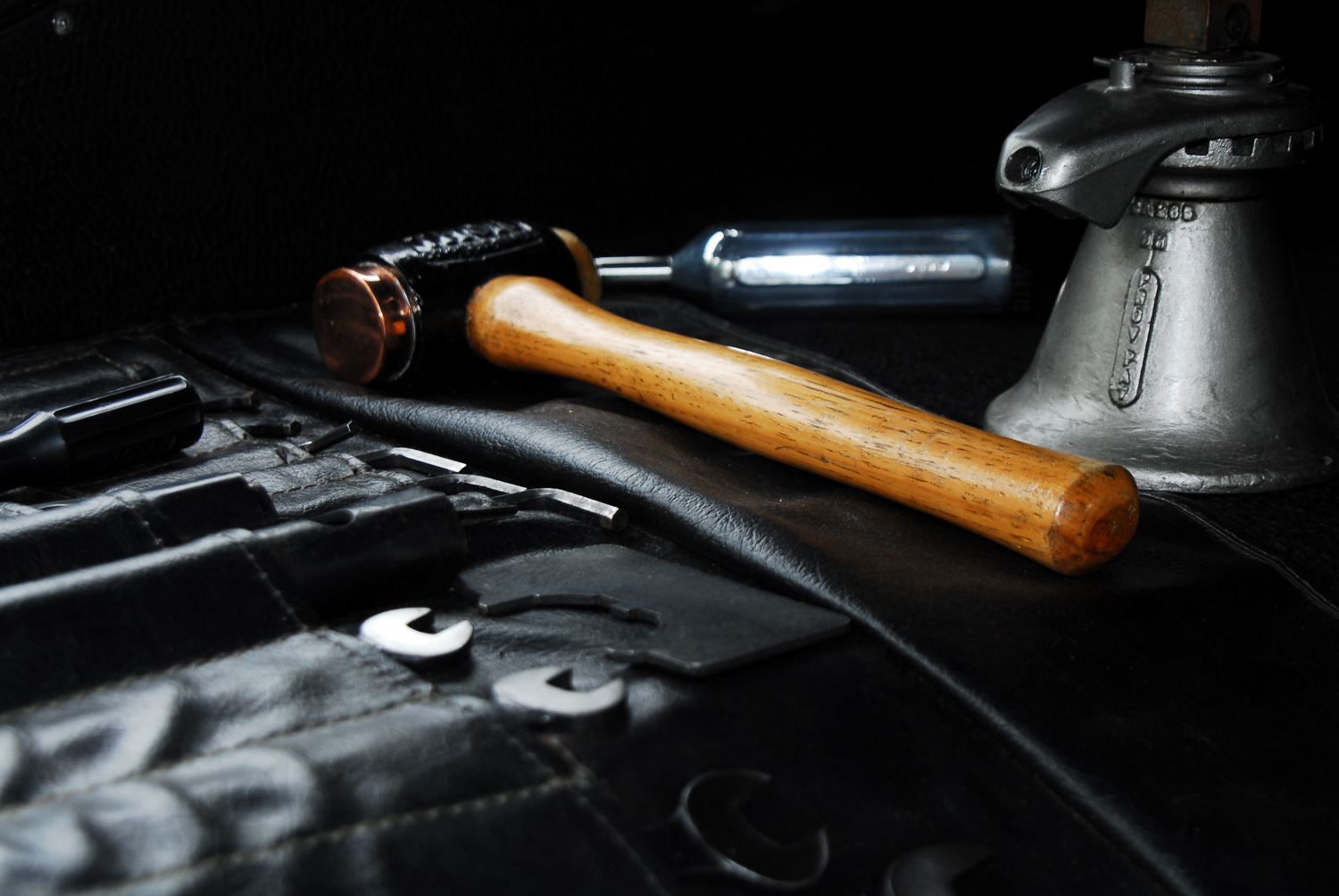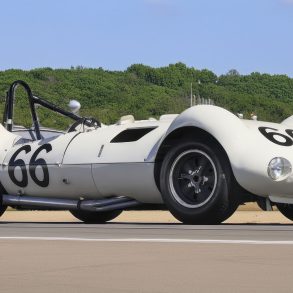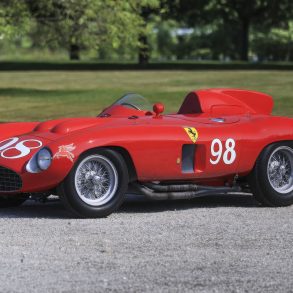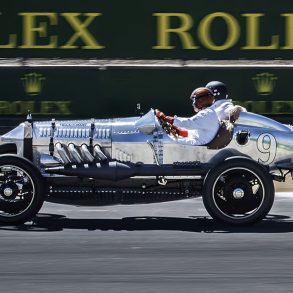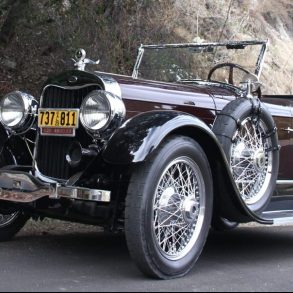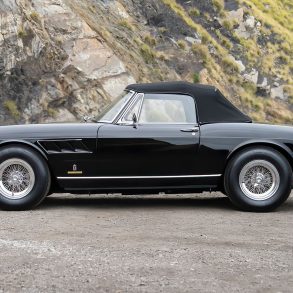Two month’s ago, I wrote in this space about my misuse, misappropriation and general mis-handling of my grand-father’s tools in my formative years (When do those end? my wife asks.) Well, much to my pleasant surprise, I must have struck a chord because I have received more feedback and response from that column than any other I have ever written. And all positive, fortunately!
One of the first to chime in was our own “Last Lap” columnist Mike Lawrence who commented, “I bet you did not have a single reader who was not nod- ding his head at some point, or two, or three. Even for someone as cack-handed as I, tools exercise a strange fascination; it must be a primeval thing…after all, naturalists get excited if they see a chimp hit something with a stick because the stick ceases to be a stick, it becomes a tool.” Leave it to Mike to distill the automotive condition down to its purest form.
As I heard from other readers, I was astounded by the similarity in nearly everyone’s story. For many men, it would appear that the “ritual” of teaching some- one how to use tools is like some ancestral right of passage – handed down from generation to generation. Almost without fail, every person who commented on the column relayed a similar story of how a father, grandfather, uncle or close family friend took them under their wing and taught them not only how to use tools, but also how to appreciate them. During the dawn of civilization, a father would teach his offspring how to use a rock to break open a piece of fruit for sustenance. In our time, we were taught how to use a ridgereamer to save a dying engine. The tools may have evolved, but deep down we’re still hunter-gatherers at heart!

Editor
In hearing so many of your stories, a few interesting nuances rose to the surface. The first is that you people are nuts about your tools (but I mean that in only the most positive sense!) Apparently, for our readers, if a few tools are good, then an entire Snap-On tool truck is better. Somehow this love for tools encompasses both the collection of tools and the strangely deep-seeded desire to always have the right tool for the right job.
OK, honesty time #1 – how many of you have bought tools that you didn’t necessarily need, based solely on the premise that you might need it one day! Oh, don’t be shy, I won’t tell your wife.
From this quirky truism, it also seems safe to conclude that if our secret desire is to always have the right tool for the right job, then our secret hell must be to need a tool and not have it.
OK, honesty time #2 – can there be any more embarrassing situation than to be among your brethren (at say a race) and have to borrow a tool? Admit it! You can’t do it without making up some lame excuse.
“Ahh, excuse me (clearing throat in embarrassment) would you happen to have a 9/16” open-end wrench I can borrow?” asks the “tool-challenged racer.” “I must have 15 of them at home, but I’m sure my damned wife must have moved them all because there’s not a single one in my tool box!”
However, for the fully self-actualized, “tool-endowed” racer, there is that initial flush of satisfaction which comes from knowing that within the 1700 lb. Craftsman tool box that he herniated himself getting into the trailer on Friday night lies the desired tool.
“Oh sure!” he says full of pride. “It’s in the 15th drawer down on the right-hand section of the top box…right below the Renault Dauphine transaxle drain plug tool and the Wentworth socket set.” As in many things in life, one man’s pain is another man’s pleasure.
But how will our love for tools be passed on to the generations to come? Will we be able to instill in them the same respect and wonderment our elders did in us? Will our tools even be relevant two generations from now? I can just see it…
“Son, now that you’re old enough…I thought you should have this.”
“Wow, Dad! What is it?” asks an excited, but incredulous youngster.
“It’s your great grandpa Casey’s prized socket set,” replies the knowing father.
“What did he use it for, Dad?”
“Well, son, back in Grandpa Casey’s day, cars weren’t made out of a solid piece of plastic like they are today…”


